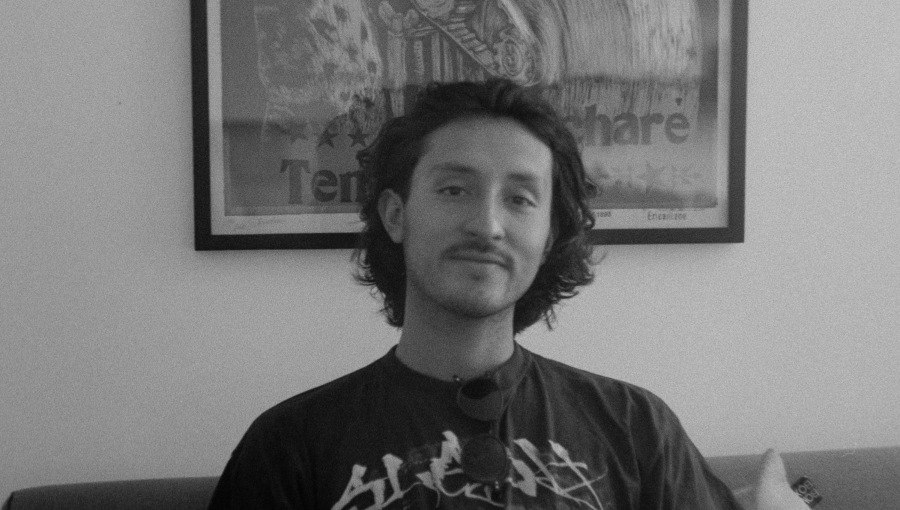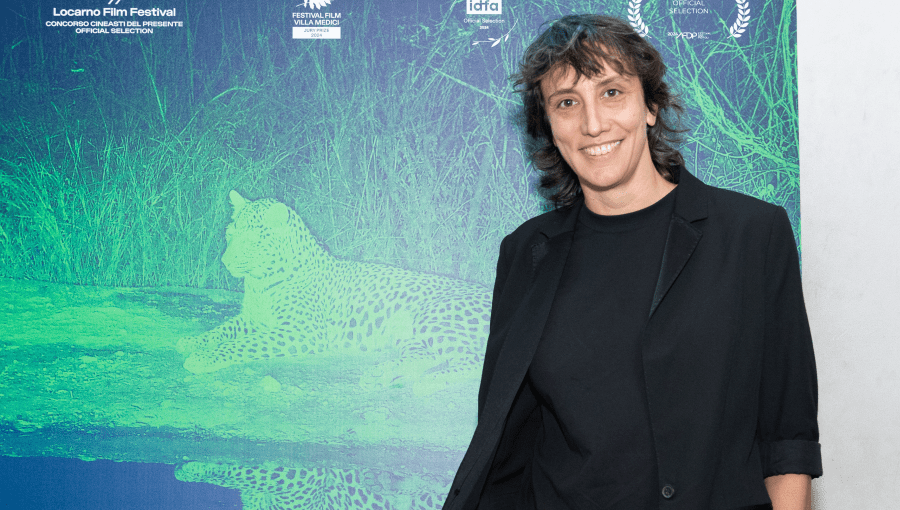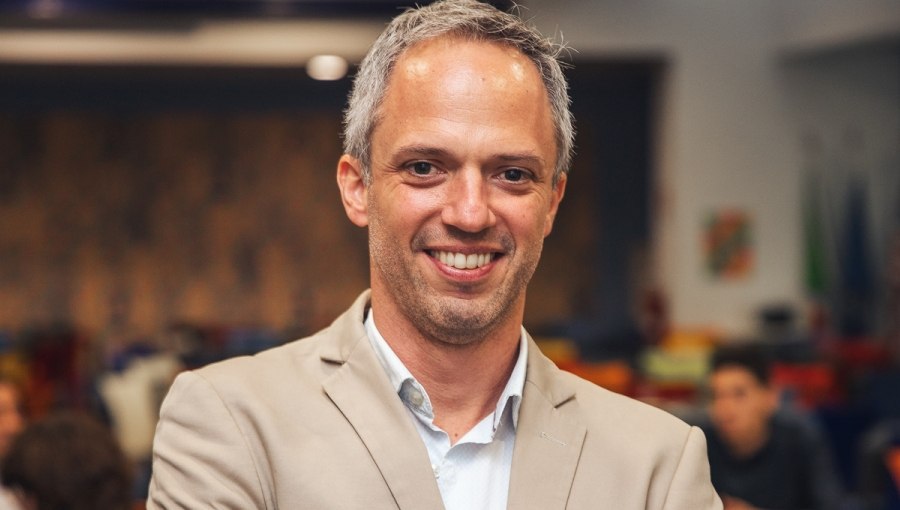Women and the Economy: Professor Simona Costagli
Simona Costagli was born and raised in Rome. She has a Ph.D. in economics from the University of Rome “La Sapienza.” A senior researcher at a major Italian bank, Dr. Costagli began teaching economics as an adjunct at JCU in 2008. She has published many articles in the Italian press on economic issues, including women in the economy. The Class of 2019 voted Dr. Costagli “Professor of the Year.”
Why did you decide to study economics?
I originally began studying statistics at the University of Rome since I always liked data. However, when I attended my first required course in political economics, I soon realized that it was economics that fit in much more with my real interests: the analysis of international relationships and the evolution of modern societies. That’s why I decided to focus my further studies on topics such as macroeconomics, international economics, economics of development and the history of economic thought, and later on banking and finance. I do not regret my original decision to study statistics though, since I am now a macroeconomist with a strong quantitative background.

Professor Simona Costagli
What brought you to John Cabot?
In 2008, a friend of mine told me John Cabot was looking for a professor to teach “Money and Banking and Capital Markets.” My Ph.D. thesis was actually in that field and I had always enjoyed teaching, having worked as a lecturer in several Italian universities. Therefore, I figured out a way to combine my teaching with my work as a research economist. The very first semester was amazing. It was Fall 2008, at the beginning of the great recession following the 2007 financial crisis. It was a very sad period, but it gave me the opportunity to vividly show my students how dramatic the consequences of stakeholders’ misconduct could be. The response from my class was very positive and I soon realized how amazing and stimulating teaching in an international environment can be. Since then I have been teaching classes more focused on my research interests: international macroeconomics and, more recently, the economics of China. I must say that the enthusiasm and the curiosity that brought me to John Cabot, more than ten years ago now, are renewed every semester.
Tell us more about how you combine your teaching and research.
I am deeply convinced that economic research should not become too abstract and that it should keep its roots well anchored to the real world. Teaching is what allows us economists to call into question both established theories and new ones. Saying that nowadays changes occur in a much faster way than in the past is perhaps a cliché, but it’s the reality. Teaching young people from all around the world, year after year, gives me the possibility to tackle the same issue from different perspectives. Moreover, my students have the energy, enthusiasm, and curiosity to ask questions that may create room for new ideas.
Congratulations on being named “Professor of the Year!” Your students ay that you are tough, but that they really learn in your classes. What would you like students to take away from your classes?
It’s true, I am very demanding in class. This is because I think that hard work is the only instrument we have to succeed in today’s highly competitive labor market. The challenges posed to our jobs (including mine) by globalization and new technologies make it necessary to be as flexible as possible. The key to success today is, in essence, not just learning in and of itself, it is learning how to learn. What I try to teach my students is, above all, a method of analysis. I think that the major challenge in doing so is to make them realize how complex the reality is. Economic models are just one of all the possible ways to represent the complex world around us, so I teach them the mainstream theories, but I also make sure to push them to always adopt a critical view, to be ready to see and accept the exceptions, and learn to manage them. In short, double work for them and for me… Nevertheless, I think it is worth it!
Why should anyone study economics?
“Why study macroeconomics or international economics, etc.?” I like asking this question on the first day of classes. I always try to help my students become aware of the fact that economics is about everyday life. It is very rewarding when, after a while, they tell me that they start to understand and follow economic news. When central bankers or policymakers make decisions, these affect our lives more than we think. They may foster prosperity or wage a war, reduce poverty or increase inequality; they may influence our ability to buy a house or to find a job. The well-known financial crisis that hit the US in 2007, and that then turned into a global recession, was largely due to widespread illiteracy about financial and economic matters. If we acquire the instruments to comprehend what is going around us, to understand the reasoning behind policymakers’ choices, we may act accordingly, and protect ourselves. Hopefully, as a result, the risk of such a terrible crisis repeating itself would diminish.
What research projects have you been involved in?
In the last few years, my research has mostly focused on international trade and the new rising protectionism, on the challenges that new technologies are posing to the labor market, the aging of the population worldwide, and the role of women in economics. I find particularly interesting the ongoing era of “de-globalization” and the implications it might have on the relationships between developed and developing countries or between the US and China.
In addition, I have become more and more interested in China: its pattern of development, the role the country is playing in the global economic scenario, and its consequences on economic equilibrium. My interest in the topic led me to develop the class on “The Economics of China,” which in fact I have been teaching at John Cabot since 2017. Some of my former students, now enrolled in prestigious universities worldwide, tell me that the China class helped them a lot with their current studies. I am currently working on the idea of putting all the research I have done on the topic in a book that I am planning to write in the coming months.
You have done work on the role of women in the Italian economy. What do the latest statistics say?
Women’s presence in the labor market in Italy is increasing, but still too slowly: the employment rate is just 59.8% compared to 71.8% in Germany, the top economy in the Euro area. However, if we look at the rate by level of education, we find a very different situation. Among the women with post-secondary education in Italy, those employed are about 72%, barely 6 percentage points less than in Germany. The gap widens a lot among less educated women, incidentally proving the crucial role that higher education plays in the labor market today, and will increasingly play in the future.





